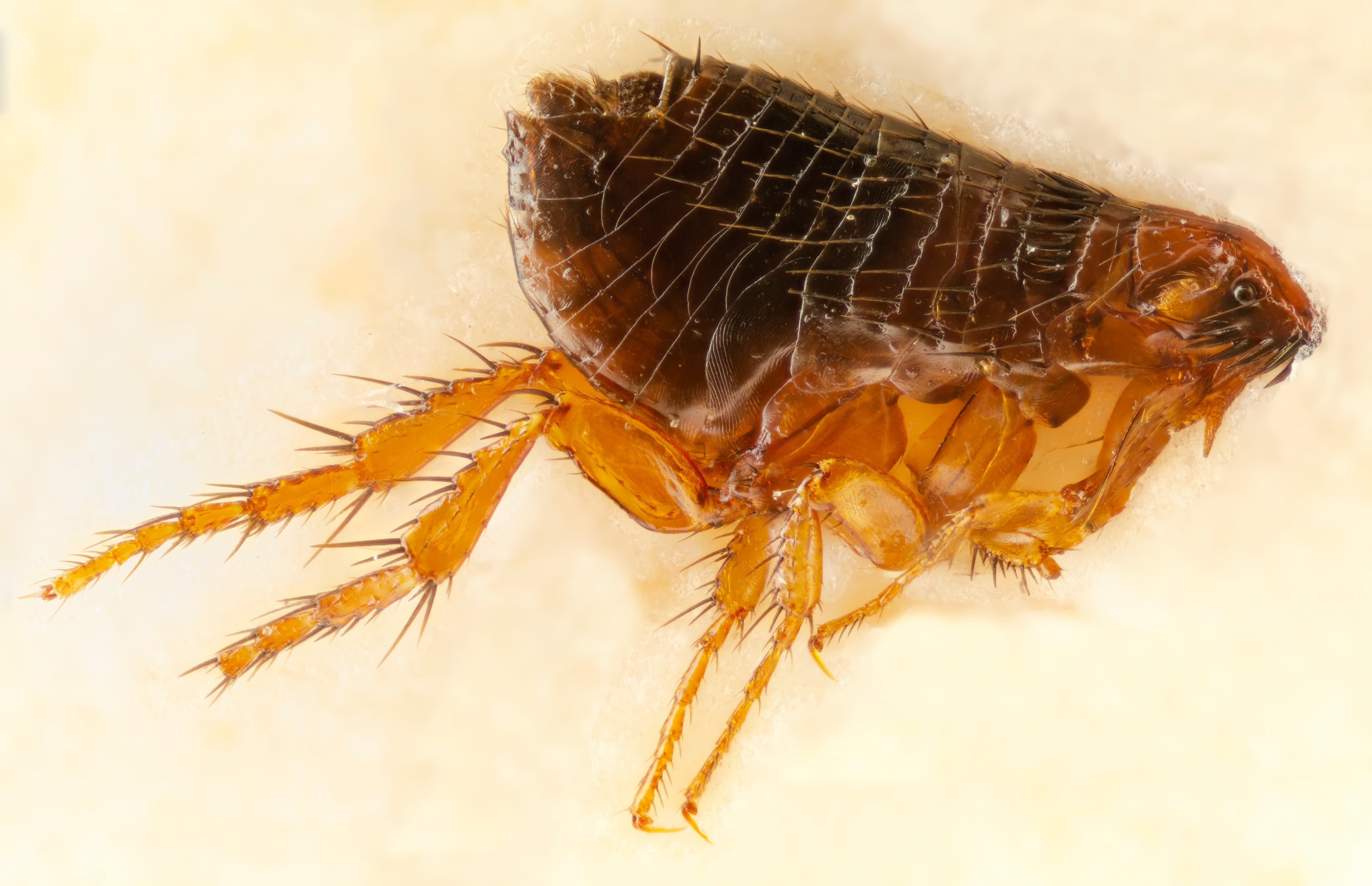Dog Flea
Ctenocephalides canis
Fleas & TicksSimilar to cat flea but less common. Slightly larger with different head shape. Primarily feeds on dogs but will bite other mammals. Less commonly encountered than cat flea in most areas.

Control Methods
Recommended methods for controlling this pest
| Method | Type | Effectiveness | Requirements |
|---|---|---|---|
| Flea Yard Treatment | Chemical | Required | |
| Flea IGR Application | Chemical | Required |
Common Harborage Locations
Where to find this pest during inspections
| Location | Why Found There | Priority |
|---|---|---|
| Pet Bedding | Warmth, blood meal hosts present, fabric for harborage, flea eggs and larvae development. | High |
Important Disclaimer: The information provided in this knowledge base is for educational and reference purposes only. Pest management professionals should always consult current product labels, Safety Data Sheets (SDS), manufacturer instructions, and applicable local, state, and federal regulations as the definitive source of truth. Product formulations, application methods, safety requirements, and regulations may change over time. This information may be out of date and should not replace professional judgment, proper training, or required licensing and certifications.